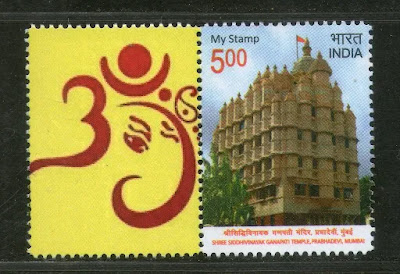Keshub Chunder Sen, also spelled as Keshav Chandra Sen, was a prominent Bengali scholar and reformer who played a key role in the Brahmo Samaj, a socio-religious reform movement in India. He was born on 19 November 1838. Keshub Chunder Sen passed away on 08 January 1884.
Sen was a charismatic leader and a disciple of Debendranath Tagore, one of the founders of the Brahmo Samaj. He later went on to lead the movement and introduced various reforms, emphasizing monotheism, social equality, and the importance of reason in religion. Keshub Chunder Sen's ideas and contributions had a significant impact on the social and religious landscape of 19th-century India.







